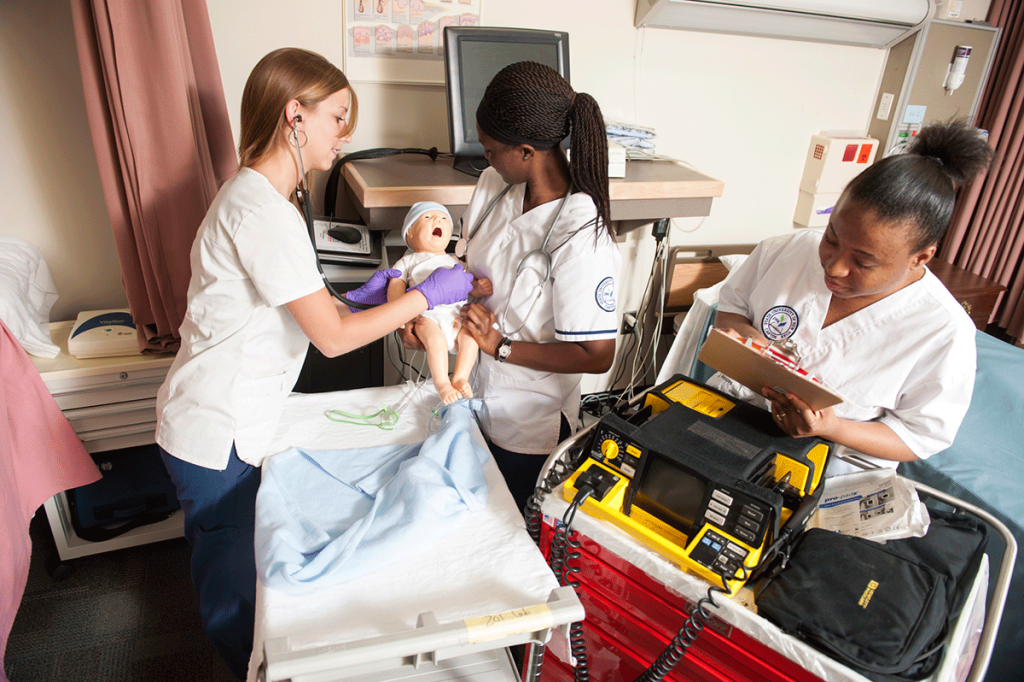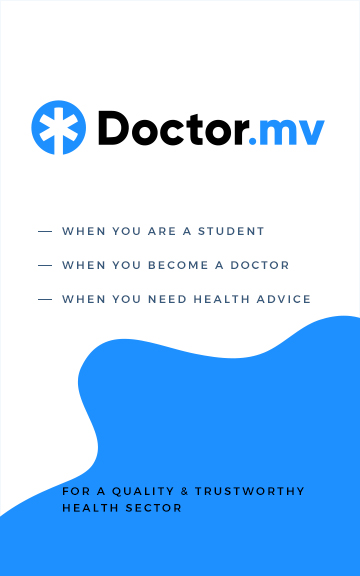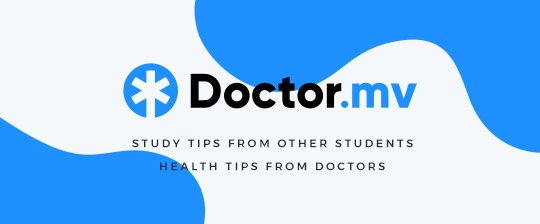
2020 will be marked as Year of the Nurse and the Midwife by the World Health Organization (WHO).
In a press release, WHO stated that 2020 will commence a major effort to highlight the shortage of nurses and midwives globally. Furthermore, 2020 marks the 200th anniversary of the birth of the founder of modern nursing, Florence Nightingale.
These health workers are vital to achieving universal health coverage. By recognizing the critical role they play and by investing more into the nursing and midwifery workforce, WHO says that we can achieve this target.
Nurses and Midwives are people that commit their lives to caring for mothers and children; giving lifesaving immunizations and health advice; looking after older people and generally meeting everyday essential health needs. They are often the first, and only, point of care in their communities.
According to WHO, the world needs 9 million more nurses and midwives to achieve universal health coverage by 2020.
WHO Director-General also highlighted the importance of these health workers.
“Nurses and midwives are the backbone of every health system: in 2020 we’re calling on all countries to invest in nurses and midwives as part of their commitment to health for all.”
Key Messages from WHO:
- Nurses and midwives save lives and are close to the community
- Nurses and midwives play a critical role in health promotion, disease prevention and delivering primary and community care. They need quality training, career-long learning and recognition
- WHO estimates that the world will need an additional 9 million nurses and midwives by 2030
- The world is also facing a shortfall of 18 million health workers needed to deliver and sustain universal health coverage by 2030. More than half of that shortfall is nurses and midwives
- Educating nurses and midwives to international standards makes economic sense. It saves resources by reducing the need for costly and unnecessary interventions and increases quality of care and #HealthForAll
- Nurses and midwives are often the first and sometimes the only health professional that people see. That’s why the quality of their initial assessment, care and treatment is vital
- We all should aim to ensure that nurses and midwives operate in an environment where they are safe from harm, respected and have access to a functioning health-care service
- Strengthening nursing and midwifery – and ensuring that they are enabled to work to their full potential – is one of the most important things we can do to achieve #HealthForAll and improve health globally
- Investing in women and the education of girls to enter formal, paid work will increase gender equality and women’s empowerment as women gain income, education and autonomy



Leave a comment
0 Comments